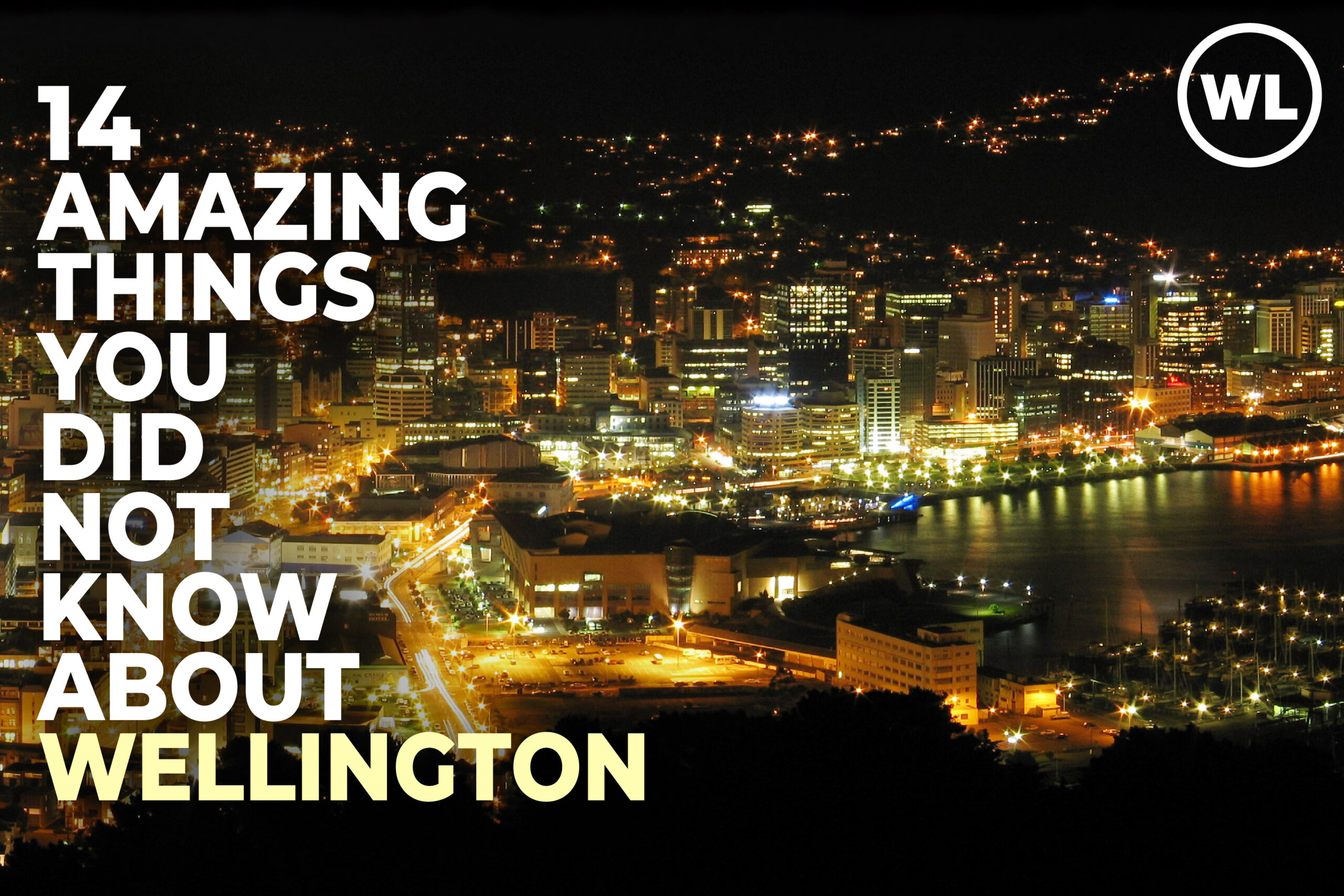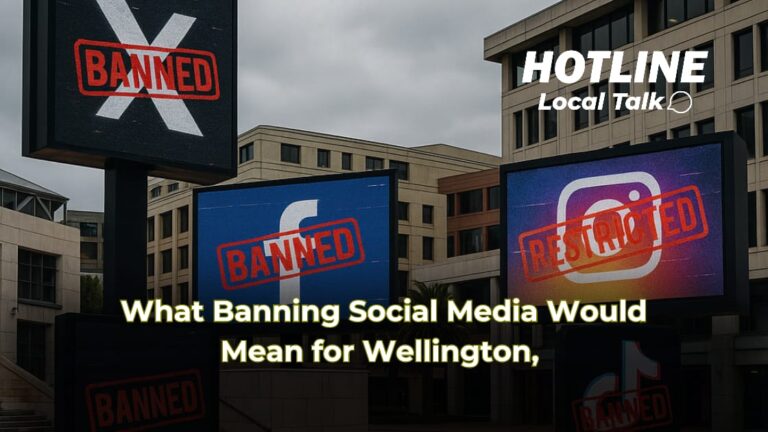Imagine waking up tomorrow in Wellington to find Facebook, Instagram, TikTok, and other social media platforms blocked. For many, it would feel like being cut off from the rest of the world. Social media has become a key part of everyday life in New Zealand’s capital city. It connects people, shares updates, spreads news, and even helps small businesses grow. But what if, one day, it was gone?
In recent years, countries around the world have talked about or even tried banning social media for various reasons. Some claim it spreads misinformation. Others say it damages mental health. There are also concerns about national security. In New Zealand, these issues matter too, especially in a city like Wellington, where government, media, and public voices are strong. If social media were banned here, the effects would be widespread and serious.
First, communication would change. Right now, people in Wellington use social media to chat, share photos, post updates, and keep in touch with friends and family. This includes both young and older generations. Schools use it to share events. Councils use it to post updates. Without it, people would have to rely more on texts, calls, and emails. While these tools are still useful, they are slower and less interactive. Conversations would take longer. News would travel more slowly.
Second, businesses would feel the impact. Small businesses in Wellington often use Instagram and Facebook to advertise products, connect with customers, and announce deals. These platforms offer cheap marketing options. If banned, businesses would need to spend more on ads in newspapers or websites. Not every business can afford that. So, many might lose customers. Some might even close down. Tourism would also take a hit. Tourists often look for travel ideas on social media. They search for Wellington attractions on Instagram or watch videos on TikTok. Without these platforms, fewer people would see what Wellington has to offer. Travel blogs and photo posts would disappear. This would lower the city’s visibility worldwide. As a result, fewer tourists might choose to visit.
Moreover, the arts and creative communities in Wellington would lose a key platform. Artists, musicians, and performers use social media to share their work. They post songs, promote shows, and sell art. Without social platforms, many would lose followers and fans. It would be harder for them to build a name. They might not reach as many people, and the city’s creative scene could suffer.
In addition, the ban could affect mental health both positively and negatively. On one hand, people often spend too much time scrolling. They compare themselves to others, which can lead to stress or sadness. A break from social media might give some relief. People could focus more on real-life activities. They might go outdoors more, read books, or spend time with loved ones. On the other hand, social media also offers support. It helps people connect in times of need. Many mental health groups in Wellington use social platforms to share advice or create safe spaces. Without that, people might feel isolated. They might not know where to find help. In a city where mental health support is already stretched, this could be dangerous.
There is also the political side. Wellington is the centre of government in New Zealand. Social media plays a key role in politics. It allows politicians to speak directly to voters. It gives the public a chance to respond. If social media were banned, this link would be broken. Politicians would have fewer ways to engage with people. At the same time, people would have fewer ways to hold leaders to account. News delivery would change as well. Many Wellington residents follow local news pages on social platforms. They learn about road closures, weather alerts, and major events from Facebook or Twitter. Without these tools, local media outlets would need to find new ways to reach the public. Websites and radio might become more important again. But not everyone checks these daily. So, important updates could be missed.
Furthermore, younger people would be the most affected. Teenagers and students use social media not just for fun but also for learning, finding jobs, and joining communities. A ban would limit these chances. It might leave many feeling lost or left behind. They could turn to other, less safe online spaces. That could bring new risks.
Of course, it is not likely that New Zealand would ban social media completely anytime soon. However, the idea is no longer far-fetched. Discussions about stronger rules or limits are already happening. Privacy concerns, online harm, and digital safety are all being talked about. If stricter laws were passed, they might reduce how people use social media, even if they do not block it entirely. Wellington, being a digital-savvy and highly connected city, would feel the effects more than many other places. People here rely on quick access to news, public services, and each other. A ban would bring disruption. It would also spark protest. Many Wellingtonians care deeply about free speech and open communication. Taking away social media could be seen as a threat to those rights.
At the same time, some would welcome the change. They would see it as a chance to reset. Without the constant noise of social media, life might slow down. People might talk more in person, read more deeply, or enjoy simpler things. It could bring new energy to local communities and real-life events.
In the end, the debate comes down to balance. Social media is not perfect. It has risks and problems. But it also has value. In Wellington, it connects people, drives business, supports art, and spreads news. If ever banned, even partly, the city would need strong alternatives. It would need new tools to keep people informed, supported, and connected. As One Network Wellington Live, we believe in sharing these ideas with clarity and care. We see the role social media plays in daily life. And while change is always possible, it must be made with full awareness of what we might lose. Let’s keep the conversation going, in all the places where our voices still reach.
TRUTH SEEKER
Instantly run a Quiz with friends... about the article. Interact more & analise the story. Dig in, catch out biased opinions, and "fact check" with TRUTH SEEKER by ONENETWORK WELLINGTONLIVE 👋
Do you agree with the main argument of this article?
Total votes: 1
What is one of the concerns mentioned about social media in the article?
Bias Analysis
Fact Check Summary
True
Source: The article
True
Source: The article








